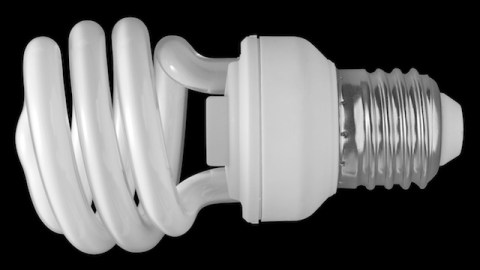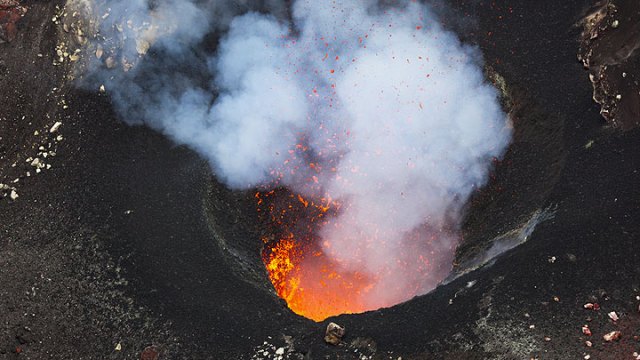The Light Bulb Fight

Three House Republicans want to eliminate energy efficiency standards for light bulbs. Reps. Joe Barton (R-TX), Michael Burgess (R-TX), and Marsha Blackburn (R-TN) have introduced the Better Use of Light Bulbs Act, which would repeal part of the 2007 Energy Independence and Security Act requiring light bulbs to meet minimum energy efficiency standards. The standards, which are set to go into effect in 2012, would effectively phase out ordinary incandescent bulbs in favor of the more efficient compact fluorescent bulbs.
The bill is part of a larger campaign on the right to “save the incandescent light bulb.” The bill’s sponsors claim that even though the standards have yet to go into effect, they have already caused companies to ship manufacturing jobs to overseas plants that manufacture the compact fluorescent bulbs. They argue that the recent closing of a General Electric factory that made incandescent bulbs in Virginia is an example of the effect of the standards on American manufacturing.
But, as Kate Sheppard says, there aren’t many jobs making light bulbs left in the U.S. to save. As Leora Broydo Vestel points out, sales of incandescent bulbs have been falling since before the Energy Independence and Security Act passed. According to the National Electrical Manufacturers Association, which is against repealing the efficiency standards, sales of incandescents have fell 50% over the last five years, even without the standards. IKEA has already stopped selling the bulbs. When General Electric announced its plans to close its light bulb factories in 2007, its consumer and industrial unit head James Campbell told Bloomberg it was in response not to regulation but to “consumer buying patterns.”
The real issue is that companies don’t manufacture the more efficient bulbs in the U.S. That’s something that repealing the efficiency standards won’t do anything to change. But the sponsors of the bill are probably more interested in how the efficiency standards affect energy companies than they are in manufacturing jobs. According to Open Secrets, the bills’ sponsors have taken in a total of more than $2.7 million in donations from energy sector lobbies since 2002. Rep. Barton—who famously apologized to BP CEO Tony Hayward for the Obama administration’s treatment of the company—was one of the biggest recipients of money from energy utilities in the last election cycle. And if Republicans retake the House in the fall, Barton is in line to chair the Energy and Commerce Committee again—he was its chair under Bush—where he will do what he can to block energy efficiency standards.
While people have begun to make the switch to compact fluorescent bulbs, something like three out of every four bulbs in use in America are the less efficient incandescent bulbs. Switching away from incandescents, which architect Michael Klement recently described as “mini-heaters with a trace light byproduct,” would save us from having to build more expensive, polluting power plants. Not everyone likes the new bulbs, of course, which still give off a somewhat different light and can’t be thrown away with your regular trash. It may be there’s a better way than minimum efficiency standards to get Americans to make the switch to more efficient bulbs. But simply repealing the standards and pretending it doesn’t matter isn’t the answer. One way or another we going to have to make the switch—and the sooner we do, the better.





